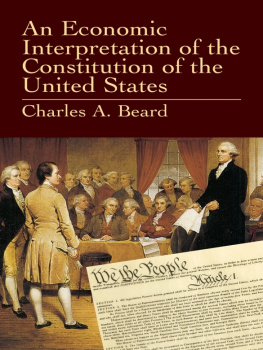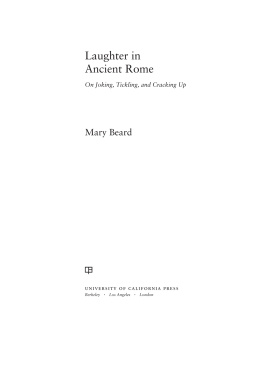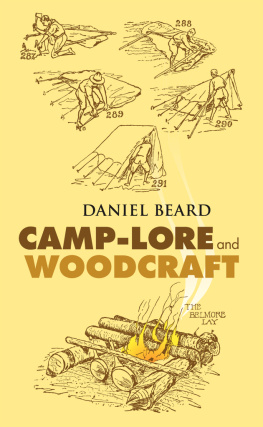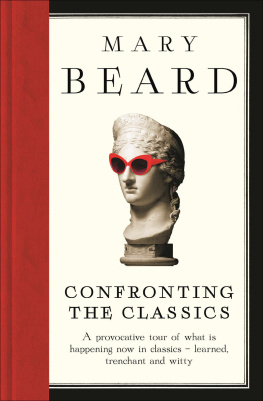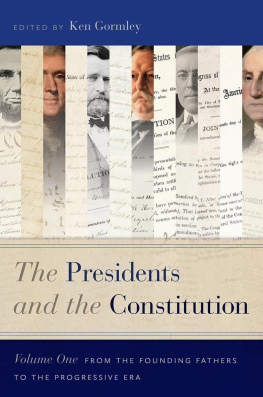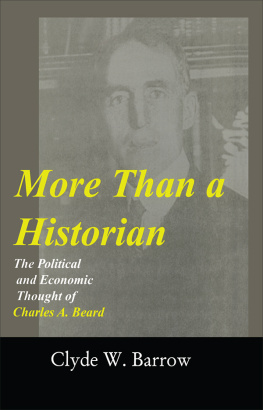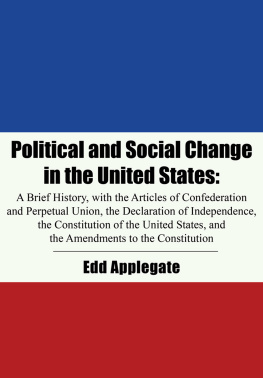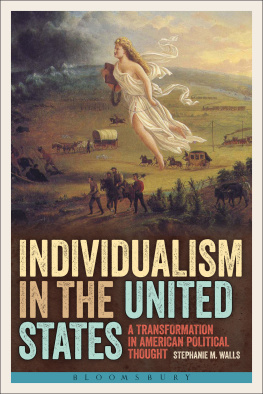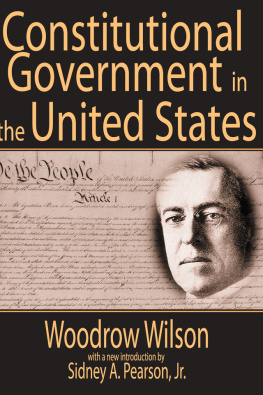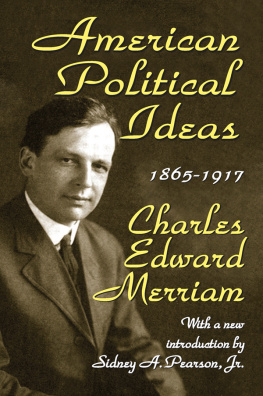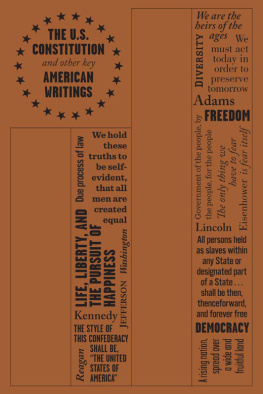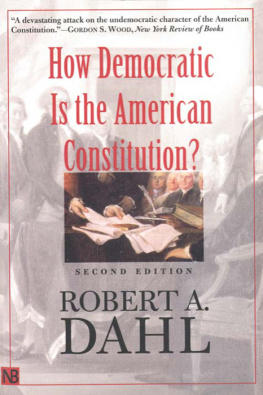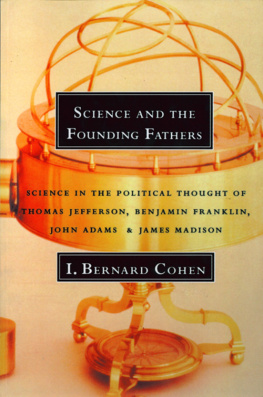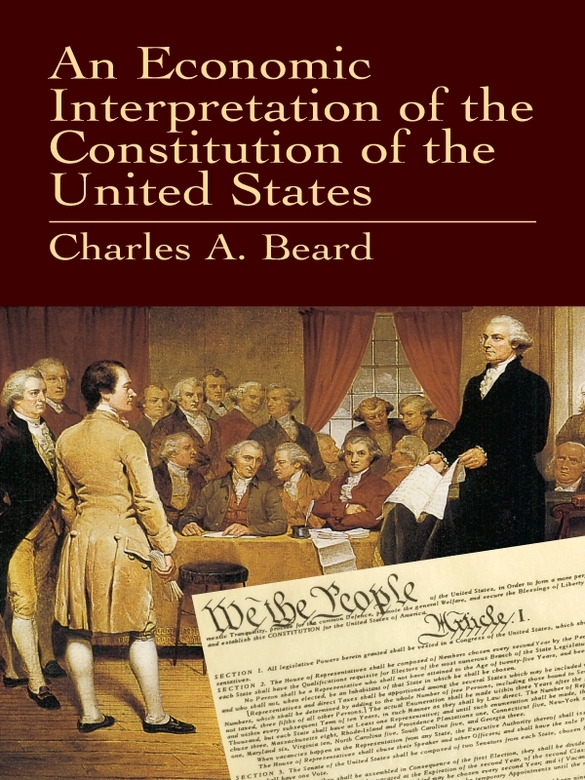CHAPTER I
HISTORICAL INTERPRETATION IN THE UNITED STATES
BROADLY speaking, three schools of interpretation have dominated American historical research and generalization. The first of these, which may be justly associated with the name of Bancroft, explains the larger achievements in our national life by reference to the peculiar moral endowments of a people acting under divine guidance; or perhaps it would be more correct to say, it sees in the course of our development the working out of a higher will than that of man. There is to be observed in the history of the struggle for the Constitution, to use Bancrofts words, the movement of the divine power which gives unity to the universe, and order and connection to events.
Notwithstanding such statements, scattered through Bancrofts pages, it is impossible to describe in a single phrase the ideal that controlled his principles of historical construction, because he was so often swayed by his deference to the susceptibilities of the social class from which he sprang and by the exigencies of the public life in which he played a by no means inconspicuous part. Even telling the whole truth did not lie upon his conscience, for, speaking on the question of the number of Americans who were descendants from transported felons and indented servants, he said that Having a hand full, he opened his little finger.
Nevertheless, Bancroft constantly recurs in his writings to that higher power which is operating in human affairs, although he avoids citing specific events which may be attributed to it. It appears to him to be the whole course of history, rather than any event or set of events, which justifies his theory. However great, he says, may be the number of those who persuade themselves that there is in man nothing superior to himself, history interposes with evidence that tyranny and wrong lead inevitably to decay; that freedom and right, however hard may be the struggle, always prove resistless. Through this assurance ancient nations learn to renew their youth; the rising generation is incited to take a generous part in the grand drama of time; and old age, staying itself upon sweet Hope as its companion and cherisher, not bating a jot of courage, nor seeing cause to argue against the hand or the will of a higher power, stands waiting in the tranquil conviction that the path of humanity is still fresh with the dews of morning, that the Redeemer of the nations liveth.
The second school of historical interpretation, which in the order of time followed that of Bancroft, may be called the Teutonic, because it ascribes the wonderful achievements of the English-speaking peoples to the peculiar political genius of the Germanic race. Without distinctly repudiating the doctrine of the higher power in history, it finds the secret to the free institutional development of the Anglo-Saxon world in innate racial qualities.
The thesis of this school is, in brief, as follows. The Teutonic peoples were originally endowed with singular political talents and aptitudes; Teutonic tribes invaded England and destroyed the last vestiges of the older Roman and British culture; they then set an example to the world in the development of free government. Descendants of this specially gifted race settled America and fashioned their institutions after old English models. The full fruition of their political genius was reached in the creation of the Federal Constitution.
For more than a generation the Teutonic theory of our institutions deeply influenced historical research in the United States; but it was exhausted in the study of local government rather than of great epochs ; and it produced no monument of erudition comparable to Stubbs Constitutional History of England. Whatever may be said of this school, which has its historical explanation and justification,
The third school of historical research is not to be characterized by any phrase. It is marked rather by an absence of hypotheses. Its representatives, seeing the many pitfalls which beset the way of earlier writers, have resolutely turned aside from interpretation in the larger sense, and concerned themselves with critical editions of the documents and with the impartial presentation of related facts. This tendency in American scholarship has been fruitful in its results, for it has produced more care in the use of historical sources and has given us many excellent and accurate surveys of outward events which are indispensable to the student who would inquire more deeply into underlying causes.
Such historical writing, however, bears somewhat the same relation to scientific history which systematic botany bears to ecology; that is, it classifies and orders phenomena, but does not explain their proximate or remote causes and relations. The predominance of such a historical ideal in the United States and elsewhere is not altogether inexplicable ; for interpretative schools seem always to originate in social antagonisms. The monarchy, in its rise and development, was never correctly understood as long as it was regarded by all as a mystery which must not be waded into, as James I put it, by ordinary mortals. Without the old regime there would have been no Turgot and Voltaire ; Metternich and Joseph de Maistre came after the Revolution.
But the origin of different schools of interpretation in controversies and the prevalence of many mere preconceptions bolstered with a show of learning should not lead us to reject without examination any new hypothesis, such as the theory of economic determinism, on the general assumption of Pascal that the will, the imagination, the disorders of the body, the thousand concealed infirmities of the intelligence conspire to reduce our discovery of justice and truth to a process of haphazard, in which we more often miss than hit the mark. Such a doctrine of pessimism would make of equal value for the student who would understand, for instance, such an important matter as the origin of the state, Mr. Edward Jenks severely scientific History of Politics and Dr. Nathaniel Johnstons The Excellency of Monarchical Government, especially the English Monarchy, wherein is largely treated of the Several Benefits of Kingly Government and the Inconvenience of Commonwealths.... Likewise the Duty of Subjects and the Mischief of Faction, Sedition, and Rebellion, published in 1686.
It is not without significance, however, that almost the only work in economic interpretation which has been done in the United States seems to have been inspired at the University of Wisconsin by Professor Turner, now of Harvard. Under the direction of this original scholar and thinker, the influence of the material circumstances of the frontier on American politics was first clearly pointed out. Under his direction also the most important single contribution to the interpretation of the movement for the federal Constitution was made: O. G. Libbys Geographical Distribution of the Vote of the Thirteen States on the Federal Constitution.
In a preface to this work, Professor Turner remarks that the study was designed to contribute to an understanding of the relations between the political history of the United States, and the physiographic, social, and economic conditions underlying this history.... It is believed that many phases of our political history have been obscured by the attention paid to state boundaries and to the sectional lines of North and South. At the same time the economic interpretation of our history has been neglected. In the study of the persistence of the struggle for state particularism in American constitutional history, it was inevitable that writers should make prominent the state as a political factor. But, from the point of view of the rise and growth of sectionalism and nationalism, it is much more important to note the existence of great social and economic areas, independent of state lines, which have acted as units in political history, and which have changed their political attitude as they changed their economic organization and divided into new groups.

